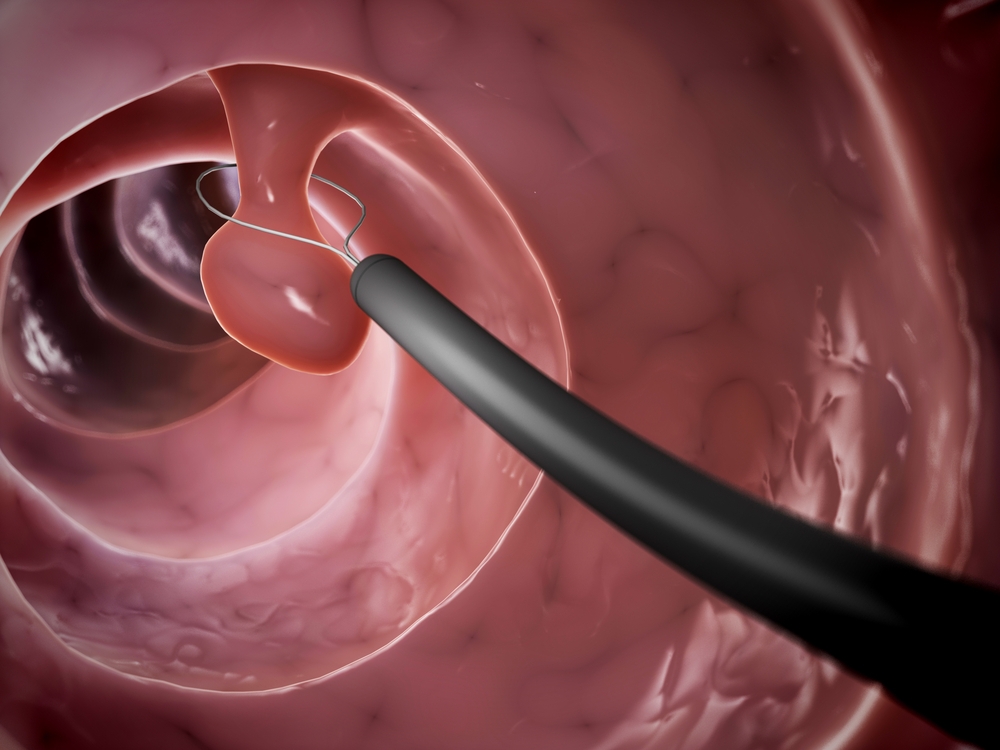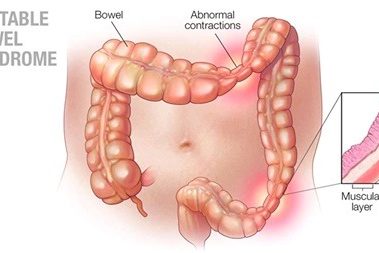How is colon cancer treated?
The treatment of colon cancer depends on the stage of the cancer, its location, and the overall health of the patient. Several different types of treatment are used, and sometimes different therapies are combined. The primary treatments for colon cancer are surgery and chemotherapy. Rectal cancer (cancers located in the last section of the colon) is also treated with radiation therapy.
Surgery
Surgery is the most commonly used treatment for colon cancer. The colon and rectum require surgery if they are to be treated. Surgery usually involves the removal of the cancer and portions of surrounding tissue. In most cases, the surgeon can reconnect the remaining healthy sections of the colon (anastomosis) after removing the cancer. If the surgeon cannot reconnect the healthy parts of the colon, a colostomy will be necessary. A colostomy is an opening (stoma) through the abdominal wall into the colon. This opening provides a new passage for the elimination of stool. Patients with cancer and a colostomy wear a special bag to collect waste. In most cases, the colostomy is temporary, although for some patients it will be permanent.
Surgical procedures for colon cancer include:
- Polypectomy: Polyps are removed during a colonoscopy.
- Local excision: This procedure is performed when cancer is in the early stages. It does not require abdominal surgery; instead, the cancer is removed through the anus.
- Resection: Total removal of sections of the colon and surrounding tissue, which requires significant surgery.
Laparoscopic surgery
This minimally invasive approach to surgery, such as the laparoscopic method, offers patients the benefit of smaller incisions, less pain, fewer complications, and shorter hospital stays.
Radiation therapy
High-energy X-rays damage or destroy cancer cells to shrink the tumor. Radiation is delivered with special equipment that directs radiation from outside the body (external radiation). Rarely, radiation may also come from an implant containing radioactive material placed within or near the tumor.
Chemotherapy
Chemotherapy drugs kill cancer cells and are given either intravenously (injection into a vein) or orally. Chemotherapy may be administered before surgery to reduce the size of the tumor, making it easier to remove. Chemotherapy may also be given after surgery to kill any remaining cancer cells in the body.
What is the treatment for different stages of colon cancer?
The treatment for colon cancer varies depending on the stage of the disease:
- Stage I: Excision and polypectomy for smaller and larger tumors.
- Stage II: Excision and anastomosis, sometimes followed by chemotherapy protocols or radiation (or radiation for rectal cancer).
- Stage III: Excision and anastomosis followed by chemotherapy or clinical chemotherapy protocols (radiation is used for stage III rectal cancer).
- Stage IV: Excision and anastomosis, removal of sections of other organs where cancer has spread, radiation and chemotherapy, clinical chemotherapy protocols, or experimental biological therapy.
What is the cost? Are the prices affordable?
The cost varies depending on the case. For more information, please contact the physician.
 What is colon cancer?
What is colon cancer?
 What is colon cancer?
What is colon cancer?


